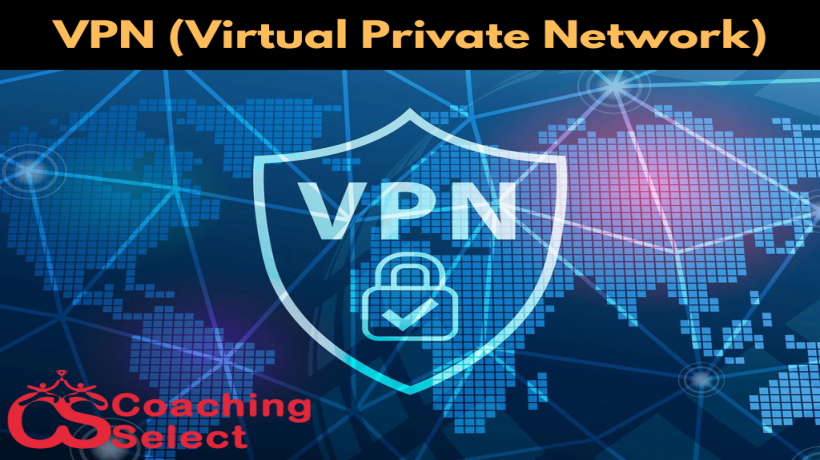How VPN helps in Research and find Study Materials
In this blog, you will learn about VPN and its importance in our daily life.
December 01, 2023
Career Expert & Blogger

A VPN (Virtual Private Network) has become an essential tool for researchers and students to access study materials and conduct research today. As more libraries, databases, journals, and other academic resources move online, using a VPN provides significant advantages in finding and accessing the information needed for studies.
Enhanced Privacy and Anonymity
One of the main benefits of using a VPN for research is enhanced privacy and anonymity. When connected to a VPN, all traffic leaving your device is encrypted and routed through remote servers run by the VPN provider. This hides your online activity by masking your real IP address and location from your internet service provider (ISP), network administrators, government agencies, hackers, and other third parties.
Research often involves accessing controversial information or asking sensitive questions. Maintaining anonymity allows researchers and survey respondents to openly share information and opinions without fear of consequences. A VPN enables this by masking the identities of both parties.
Access Restricted Resources
Many academic libraries, databases, digital collections, and online journals restrict access only to users connecting from specific institutions or geographic locations. However, by routing your traffic through another server, a VPN can trick these services into thinking you are connecting from an authorized network or country.
This allows students and academics to access valuable paid resources like JSTOR, Web of Science, digital archives, and international publications from anywhere. A quality VPN service will have servers worldwide, facilitating access regardless of restrictions based on institution or location.
Secure Public Wi-Fi
Students often need to use free public Wi-Fi networks at coffee shops or university campuses when conducting research away from home. However, public connections come with security risks like man-in-the-middle attacks that can expose login credentials or steal personal information.
A VPN protects all traffic over public networks using encryption, preventing snooping by hackers even on the most insecure public Wi-Fi. This allows students to safely access library accounts, paid journal subscriptions, survey data, and other sensitive information without worrying about security. Antivirus installed on your device cannot help you with this. In the battle of antivirus vs VPN, VPN always wins when it comes to online security and privacy.
Bypass Internet Censorship
In some countries, oppressive governments censor access to information on certain topics by outright blocking websites or restricting search engine results. This severely limits available research materials for both locals and visiting academics.
VPN connections allow researchers to bypass this censorship by routing traffic through servers in other countries not subject to the same restrictions. This provides access to a wider range of sources to incorporate into studies.
Remote Access to Institutional Networks
Professors and students working remotely require access to internal university networks and intranets that house journal subscriptions, digital libraries, citation tools, literature reviews, and more.
University VPNs essentially place you inside campus network infrastructure regardless of location, allowing access to all restricted internal resources. This facilitates the same level of research potential even when working off-site.
Conclusion
From securely browsing controversial topics to accessing journals overseas, a VPN solves many of the challenges facing academics in the digital sphere. As more resources move online and behind paywalls, VPNs help students discover, access, and incorporate the breadth of information needed for comprehensive research



